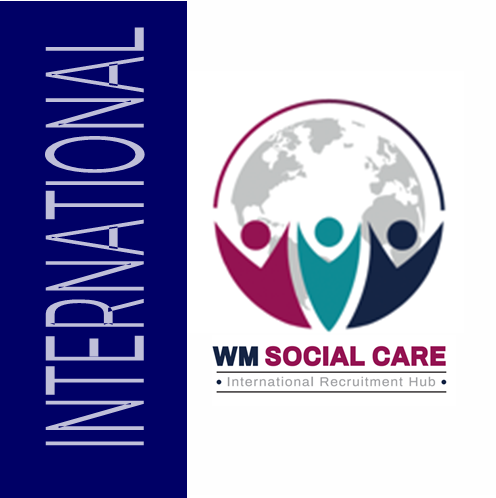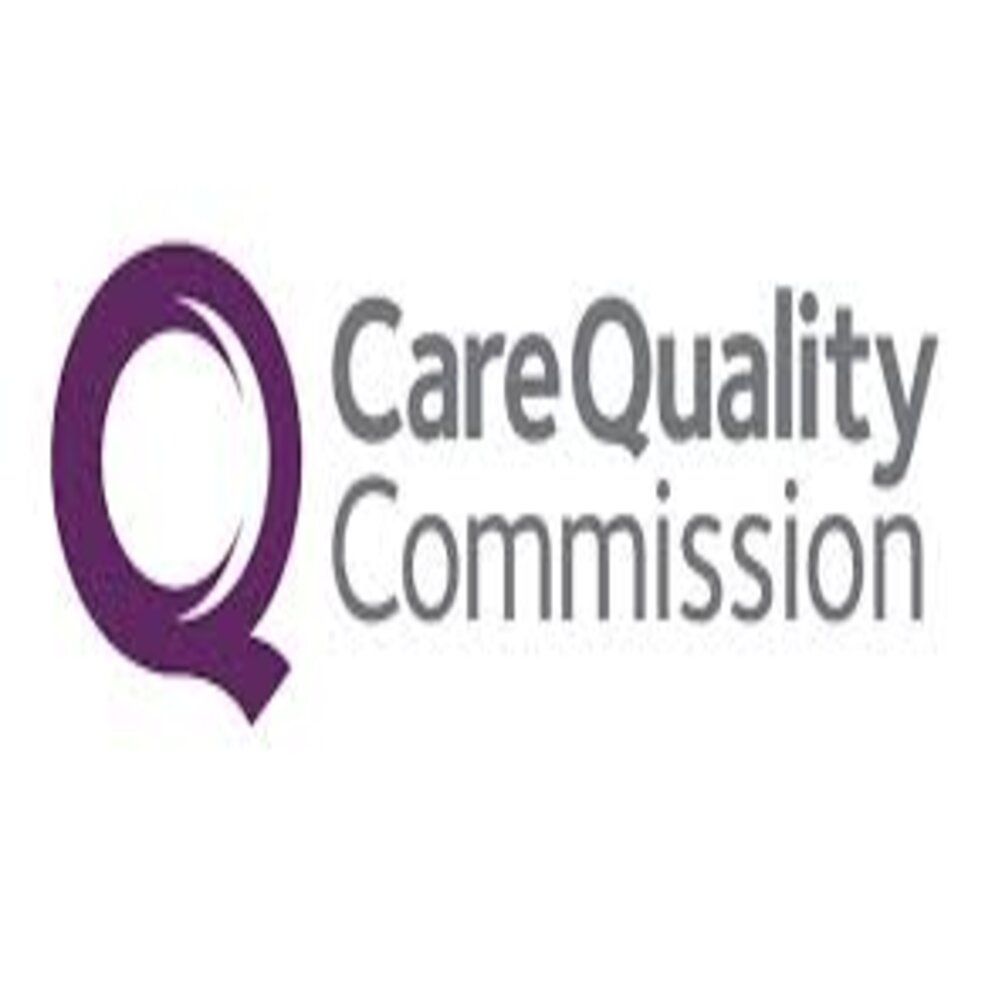Ministers have now accepted advice from JCVI on eligibility for the 2023 spring booster programme, along with changes to the evergreen primary course offer; with doses only offered to those considered at greater risk.
Links to the DHSC's recent digital content are included below:
- Twitter: https://twitter.com/DHSCgovuk/status/1633108055981162496
- Facebook: https://www.facebook.com/DHSCgovuk/posts/pfbid02nn1W4mAuQoAGf2ah9FLDPBmGPyymVUZTH2Q2k2RWvSX16UwnQZ7Bqd6fh6sR9RRYl
Communications: The DHSC will be in touch to share regular updates and communications materials to help encourage those eligible to come forward and for vaccination this spring.
As ever they would very much appreciate any support you can offer with promoting the vaccine programme via your channels and networks.
**
Further information is included below for ease.
Spring Booster Eligibility: JCVI advises that an extra booster vaccine dose in spring 2023 should be offered, as a precautionary measure to:
· adults aged 75 years and over
· residents in a care home for older adults
· individuals aged 5 years and over who are immunosuppressed
Background:
- NHS England will confirm a start date for the spring programme in due course and eligible individuals will be offered the vaccine around six months after their previous dose.
- The JCVI has advised the following vaccines may be used in the 2023 spring programme:
- Pfizer-BioNTech bivalent
- Moderna bivalent
- Sanofi/GSK monovalent (beta variant)
- Novavax monovalent (wild-type variant) – only for use when alternative products are not considered clinically suitable
- The vaccine offered will depend on a person’s age and local supply considerations. Children under 12 years of age will be offered a children’s formulation of the Pfizer BioNTech vaccine.
- Immunosuppressed cohorts are defined in Table 3 (page 19) and Table 4 (page 26) in the COVID-19 chapter of the Green Book.
Evergreen: the ongoing primary course vaccination offer – i.e. first and second doses for healthy adults aged 16-49 – will end with the close of the spring booster programme, planned for the end of June 2023.






















